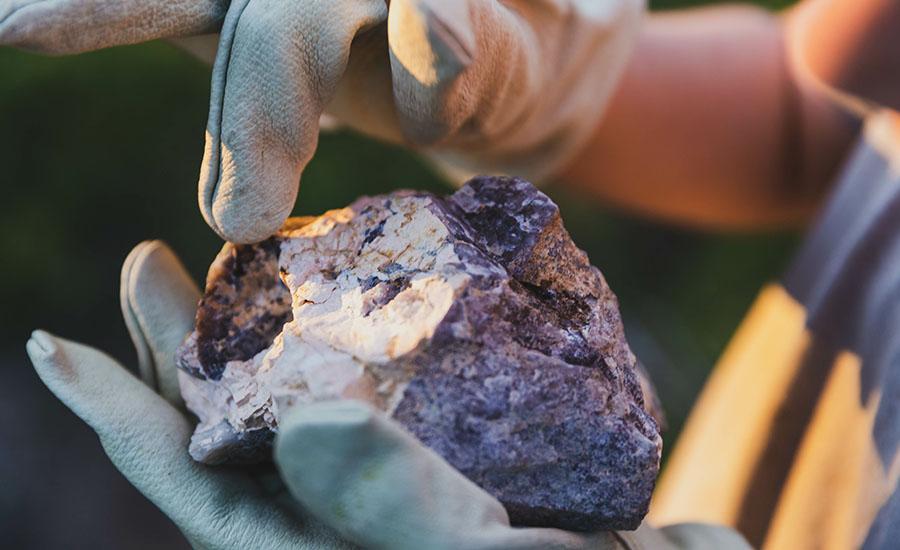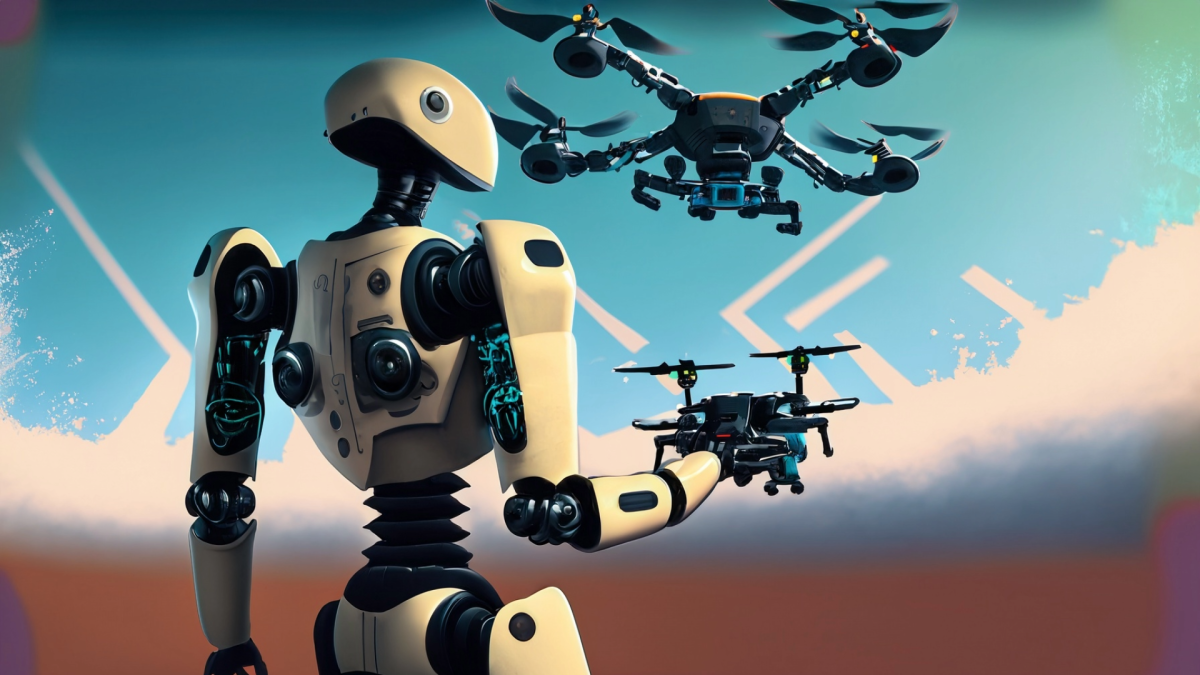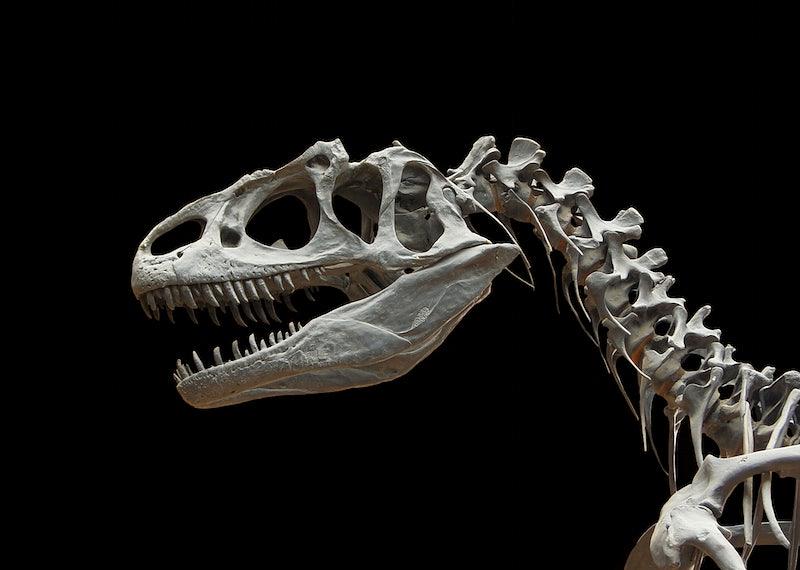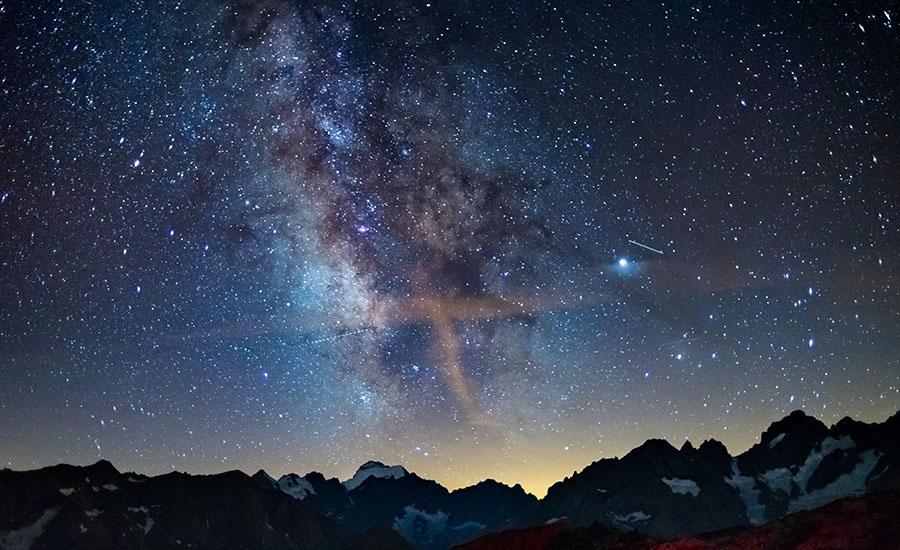
Grades:
4th Grade, 5th Grade, 6th Grade
During this novel study, students will build background knowledge on water scarcity focusing on both physical and economic water scarcity. Students will learn the definition of scarcity, view a

Grades:
2nd Grade
Students will observe and explain the sun’s position at different times over part of a twenty-four-hour period by creating a sundial. They will measure the shadow cast with a ruler using different

Grades:
Kindergarten, 1st Grade, 2nd Grade
This lesson is designed for K-2 students to explore and understand weather patterns using technology. Over the course of 45 minutes, students will use tablets or computers to gather real-time weather

Grades:
6th Grade
Students will research, construct, and present replicas of ancient civilization monuments. They will explore the historical and cultural significance of these monuments and integrate knowledge from

Grades:
6th Grade
Students will explore ancient civilizations and understand the geographic factors that influenced their settlements. They will create informative maps highlighting key areas like water sources that

Grades:
3rd Grade, 4th Grade, 5th Grade, 6th Grade, 7th Grade, 8th Grade, 9th Grade
An overall view of mining, minerals, and their role in our everyday life. This lesson compares the past, present and future of mining and it's relativity to sustaining our way of life.

Grades:
6th Grade, 7th Grade, 8th Grade
This lesson is a follow up to a previous STEM contest lesson that detailed the KIDStruction opportunity & focused on the design phase. This lesson is intended to support the building phase and is

Grades:
2nd Grade
This 2nd grade lesson incorporate the book, We are Water Protectors by Carole Lindstrom, and Ozobots. Students will discuss the beginning and ending of the story and discuss how characters respond to

Grades:
6th Grade, 7th Grade, 8th Grade
Middle school students love to compete. Here's a lesson idea for a competition that will appeal to your student scientists, artists, and poets alike. Standards and connections are offered for middle

Grades:
6th Grade
This ADI lesson plan engages students in the process of inquiry and argumentation, helping them develop a deeper understanding of the movement of constellations in the sky through hands-on

Grades:
Kindergarten, 1st Grade, 2nd Grade, 3rd Grade, 4th Grade, 5th Grade, 6th Grade, 7th Grade, 8th Grade
Most students are likely familiar with popular films like Happy Feet, Surf’s Up, Penguins of Madagascar, and classic books like Mr. Popper's Penguins. Capitalizing on this familiarity with penguins

Grades:
2nd Grade
Students will complete a shadow activity where they will learn what happens to shadows throughout the day. They will create a hypothesis, collect observable data, and come to a conclusion about a

Grades:
6th Grade
Students will work together to create a scale to build the solar system using ratios and proportions.

Grades:
4th Grade, 5th Grade, 6th Grade, 7th Grade, 8th Grade
Lesson "Phoenix Reimagined: From Sun City to Solar City" ensures that students engage in age-appropriate, hands-on learning experiences that promote understanding of solar energy and its applications

Grades:
6th Grade, 7th Grade, 8th Grade, 9th Grade, 10th Grade, 11th Grade, 12th Grade
This lesson is designed to encourage students to explore their interests and pursue their passions while diving into the world of STEM. This lesson takes place in a classroom for one semester. 1 hour

Grades:
6th Grade, 7th Grade, 8th Grade, 9th Grade, 10th Grade, 11th Grade, 12th Grade
Students use a GIS story map and hands on investigation to analyze the urban heat island effect in Phoenix.

Grades:
6th Grade, 7th Grade, 8th Grade, 9th Grade, 10th Grade, 11th Grade, 12th Grade
Students put together fossil bone cut outs to determine a prehistoric species before learning about the different ways scientists determine the physical characteristics of extinct organisms.

Grades:
2nd Grade, 3rd Grade
Students will research a biome around the world, including 3 animals, 3 plants, and 3 nonliving parts of the ecosystem. Students will construct a diorama of the biome and illustrate a natural disaster

Grades:
5th Grade, 6th Grade
Students will use PIXLR to compare sizes of the moon and earth to each other and other objects in the solar system.

Grades:
6th Grade
This lesson is a four-day unit lesson that highlights the understanding of the climate, geography, trends in the change of temperature, and the related changes in precipitation in the state. This

Grades:
6th Grade
In this engaging lesson, students will use an online planetarium and participate in a kinesthetic model activity in order to develop and revise a model explaining the apparent motion of the stars in

Grades:
6th Grade, 7th Grade, 8th Grade
What would you do if you were dropped into the wilderness, with nothing but what you could fit into a backpack, and had to survive harsh weather, a hostile location, and possibly aggressive wildlife

Grades:
Kindergarten, 1st Grade, 2nd Grade, 3rd Grade, 4th Grade, 5th Grade
This hands-on lesson introduces students to gardening and the sustainability of food. Students will grow small gardens and manage them.

Grades:
6th Grade, 7th Grade, 8th Grade
Students will create an engineering notebook that documents their progress through the engineering design process as it applies to their choice of project, either creating a toy from “trash” or a


